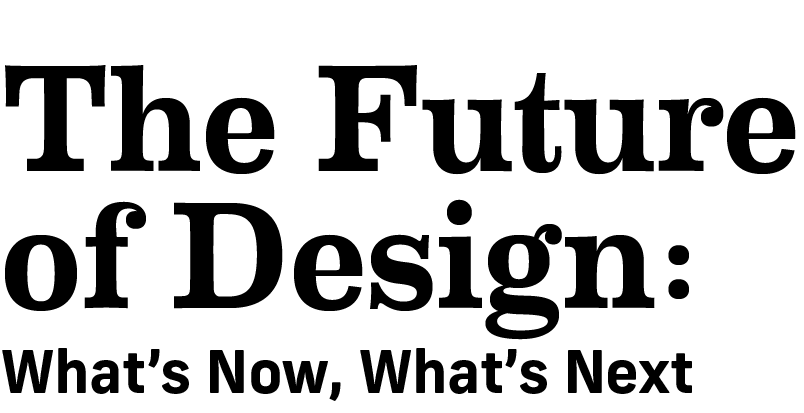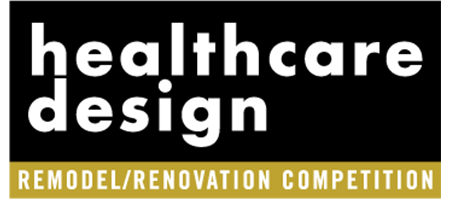When The Center for Health Design (CHD) created its Changemaker award, the intent was to recognize those who “go beyond the status quo and change the way we think about healthcare design,” Roz Cama, CHD board chair, said in her introduction of this year’s Chagemaker at the HEALTHCARE DESIGN Conference in Phoenix.
The board already had someone perfect in mind for that inaugural award: Derek Parker. The problem? He was the board chair at the time, and Cama confessed it was decided that fact meant CHD couldn't celebrate him with the award, as deserving as he had been.
That all changed for 2012, though. “The time is now,” Cama says.
Parker, vice chair, Laguna Honda Hospital Foundation; director, Marin General Hospital; and advisor to Aditazz, accepted the Changemaker award Nov. 5 and joined colleague Dr. Leonard L. Berry on stage for a keynote conversation about Parker’s career in healthcare design.
Parker described his entry into healthcare architecture as a slow process, but once he worked on his first project, he became fascinated by how complicated a hospital can be, the way systems work together, and the conditions people are treated in and work in. And he came away believing design could make a difference.
And, for him, what truly distinguishes healthcare design from any other commercial design project is the fact that the client—the patient—doesn’t want to be there. “That changes the dynamic of design,” Parker says.
To most effectively address those challenges, Parker says the best work comes out of collaboration with a great client—those who are value driven and open minded, have integrity, and challenge ideas.
Parker also discussed what he identified as a high point for his professional career—Aditazz tying for first place in Kaiser Permanente’s “Small Hospital, Big Idea” design competition. “Winning is better than losing, but to do either, you have to show up,” he says. He added that if you keep playing, you’re likely to lose a few times, but the important part is learning to step up and try again.
As part of the competition, Aditazz focused on taking cost down and quality up to create a more sustainable healthcare environment—a piece of the puzzle Parker says healthcare design in general needs to tackle in order to progress.
“We’ve come a long way, but I think we’re stuck. We need a kick in the pants to get to something else,” he says.
Parker admits he’s getting impatient to see more progress and hopes movement will be made in terms of peer-reviewed research, more replication of existing research to show that it's solid data, and addressing the expense of building new hospitals.
With costs ever on the rise, schedules creeping, and value engineering ending up being the solution put in place, Parker says that answer is an oxymoron: it strips what you really want out of a project.
In closing, Berry commented on the state of healthcare today—from the operational complexity to the stress experienced by both those receiving and delivering care.
“We have this monumental opportunity—as much as we’ve done, as far as we’ve come—to be bold, to be innovative, as you’ve inspired us to be,” he said to Parker.












